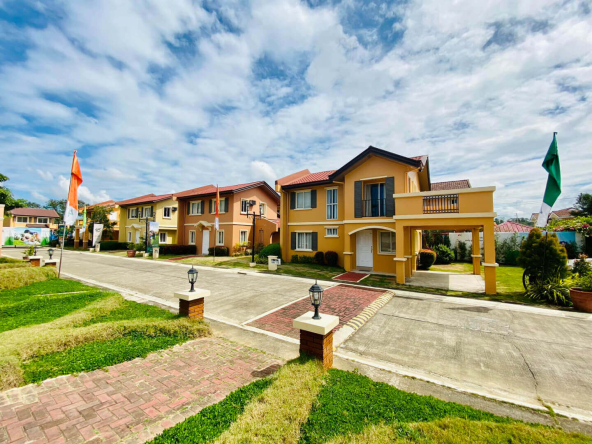
Filipino Culture and the Moral Compass of Home
Filipino homes are where identity takes root. Here, children learn to speak with respect, help without being told, and pray together before meals.
These everyday rituals reflect deeper Filipino values passed down through generations, forming the essential moral and cultural core of the Philippines.
Filipino culture is shaped by respect, compassion, and remembrance of heroes’ sacrifices. These values were embodied by famous Filipino heroes who stood for justice, dignity, and freedom. Every year in August, we celebrate National Heroes Day, a public holiday and a powerful reminder to reflect on the stories and ideals of the past.
These observances strengthen our ties to Philippine history and remind younger generations of the principles worth preserving.
This article explores how, beyond human strength, the ideals of national heroes live on in Filipino homes and how they inspire generations through love of learning, service, and moral fortitude.
José Rizal and the Power of Education
Jose Rizal is one of the most revered Filipino heroes. His writings, including Noli Me Tángere and El Filibusterismo, critiqued the abuses under Spanish rule. He called the oppressive friars “el demonio de las Filipinas” and chose the pen over the sword to demand reform.
Rizal believed that knowledge is the root of power and honor, and that a well-educated society could claim its nation’s freedom. He lived as proof that heroes don’t always fight with weapons. Some can lead revolutions with words.
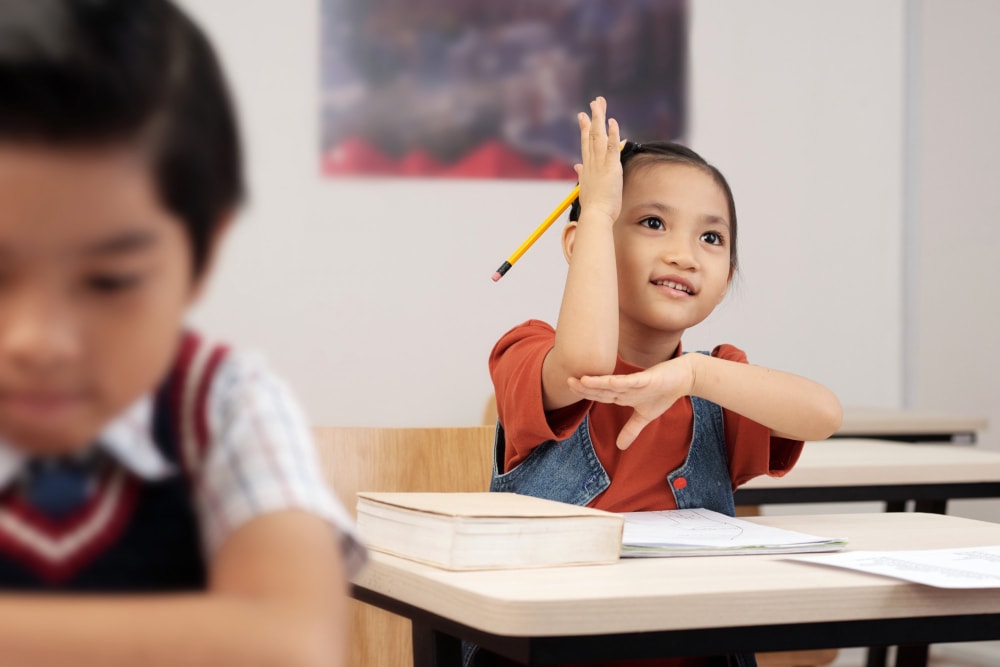
Learning and Dignity in Daily Life
In many Filipino households, students are praised for their academic efforts. Parents celebrate report cards, encourage reading, and ask reflective questions.
These practices keep Rizal’s ideals alive. Learning is viewed not as a means to success but as a moral pursuit, one that leads to inner dignity and freedom of thought.
In the homes of many Filipinos, the emphasis on learning is not just for personal gain but to uplift families and communities. This echoes Rizal’s mission to nurture the Filipino soul through truth and education.
The Philippine Revolution and Courageous Leadership
The Philippine Revolution is remembered for its spirit of heroism and community. Famous Filipino heroes like Andres Bonifacio, Emilio Aguinaldo, and Melchora Aquino helped ignite a fight that shaped the country.
These historical figures proved that resistance could emerge from every corner; from soldiers to civilians, from the elite to the working class.
Emilio Aguinaldo: Young Leader of a New Republic
Emilio Aguinaldo played a pivotal role in declaring independence and organizing the first democratic government in Asia. His ability to lead despite internal conflict demonstrated maturity and determination.
At home, Filipino parents reflect Aguinaldo’s quiet heroism by making selfless choices for their families. They teach by example, such as resolving conflict, placing the family’s needs above their own, and nurturing the next generation of leaders with humility and service.
Melchora Aquino and the Spirit of Service
Better known as Tandang Sora, Melchora Aquino was a key figure in the secret society of the Katipunan. Though elderly, she provided shelter, food, and moral support to revolutionaries, proving that women played vital roles in the fight for freedom.
Her life teaches us that age, gender, or status should never limit one’s capacity to serve. Today, Filipino homes continue to echo this legacy in everyday caregiving and community events.
Service in Filipino Homes
Whether it’s caring for aging parents or feeding neighborhood children, the values Tandang Sora embodied are present in many Filipino homes. These acts of love mirror the heroes’ sacrifices during the revolution. Parents and elders model service not only as a duty but as a deep moral calling.
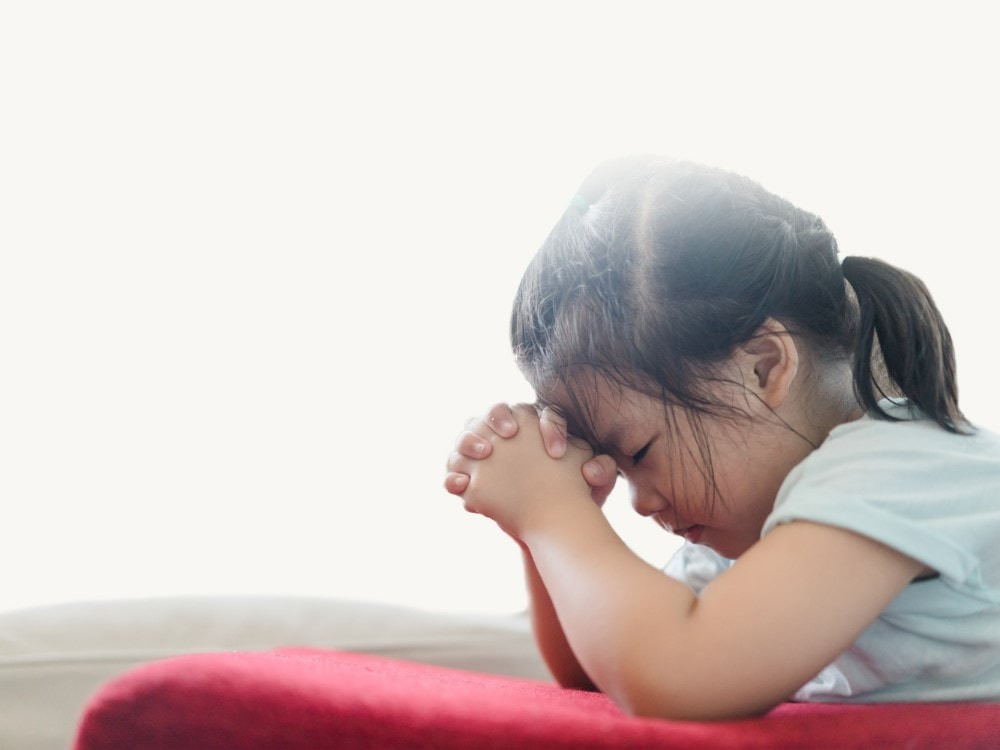
Faith and Moral Integrity in Filipino Culture
Filipino culture is deeply tied to religion. Catholicism in particular informs how many households make decisions and treat others.
One powerful example is Cory Aquino, who led a peaceful revolution grounded in faith and ethical leadership. Supported by the Church, she restored democracy and renewed public trust.
Moral Lessons in Daily Life
In many homes, traditional ceremonies like daily rosary prayers or Sunday Mass reinforce a moral compass. Children are taught honesty, forgiveness, and sacrifice, qualities that translate into civic behavior.
These traits are reinforced in the classroom and practiced in family life, showing that Filipino heroes values remain relevant across settings.
Civic Responsibility and the Legacy of National Heroes
Ninoy Aquino is remembered as a voice for truth and freedom. His return to the Philippines despite danger showed an unshakable belief in the Filipino people. His assassination became a turning point in the nation’s history and helped end a dictatorship.
His message was clear: accountability begins at home. By telling the truth, helping others, and speaking up against injustice, Filipinos serve their communities and country.
Inspire Generations Through Action
From household chores to participating in community events, children are taught early that their actions matter.
Helping neighbors, joining cleanup drives, or sharing food all teach empathy and civic duty. These practices build engaged citizens who will inspire generations to protect the nation.
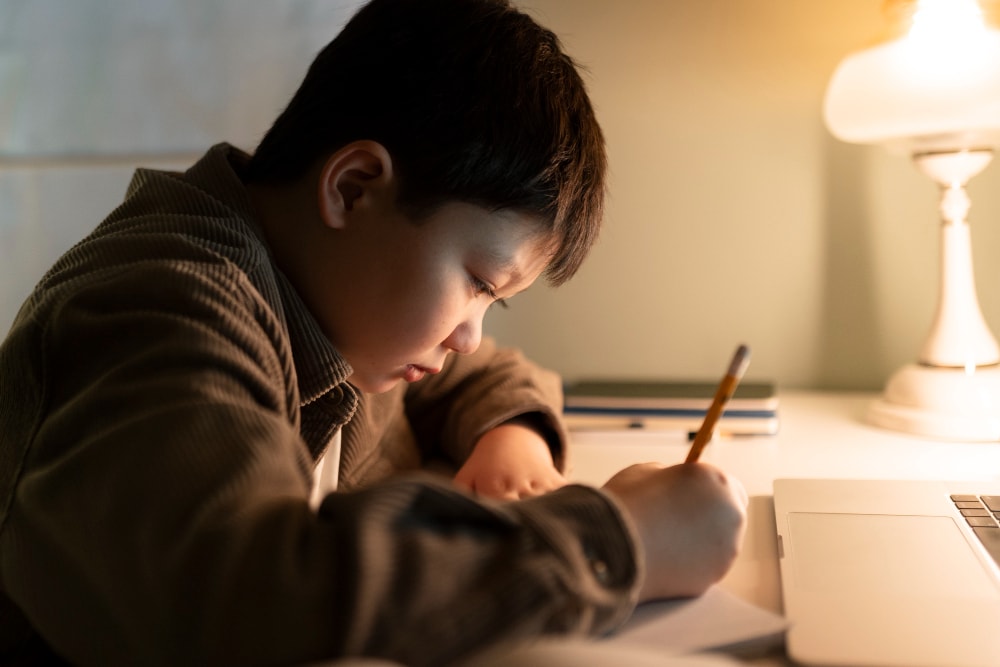
Resilience, Hard Work, and the Filipino Spirit
During World War II, many Filipinos showed resilience that helped protect the country. Farmers, mothers, teachers, and guerrilla fighters all took part in resisting oppression. Their contributions show that heroism doesn’t only belong to battlefields. It thrives in daily sacrifice.
Overseas Filipino Workers as Modern-Day Heroes
Today, overseas Filipino workers (OFWs) continue this tradition. They work in distant lands to support their families and communities back home. Their sacrifices echo those of past heroes—quiet but monumental in effect.
Filipino homes teach this strength early. From stretching the family budget to helping siblings with homework, children are trained to persist despite challenges. These lessons support not just family survival but the broader Philippine economy.
Bayanihan and Compassion in Filipino Homes
The revolutionary movement was sustained by bayanihan, or collective action. Whether it was sharing food or hiding rebels, this community spirit meant survival.
Compassion That Builds Strong Communities
In modern times, bayanihan is seen in helping neighbors during typhoons or organizing community events. Even small acts, like sharing merienda or helping with dishes, instill a sense of shared responsibility.
Filipino homes continue to uphold this value, knowing that compassion builds stronger, kinder communities.

Respect, Tradition, and Strong Interpersonal Bonds
Respect forms the backbone of many Filipino values. Traditions like saying po, opo, and performing mano po are expressions of deep familial love and social awareness.
Passing Down Values to Younger Generations
Even in modern settings, Filipino families continue to honor elders and uphold tradition. These practices serve as anchors in an ever-changing world and remind younger generations of their connection to the past.
By practicing respect, maintaining close family ties, and honoring cultural rituals, families reinforce the values that famous Filipino heroes fought to preserve.
Conclusion: Carrying the Legacy Forward
The fight for justice, freedom, and truth did not end with the revolution. It continues in homes where families live out the principles of our national heroes.
By teaching respect, promoting civic responsibility, valuing education, and honoring the past, Filipino families do more than remember. They build the future generations who will continue the work of those who came before.
Through everyday acts and shared beliefs, they become living legacies of the heroes who gave us the country we enjoy today.
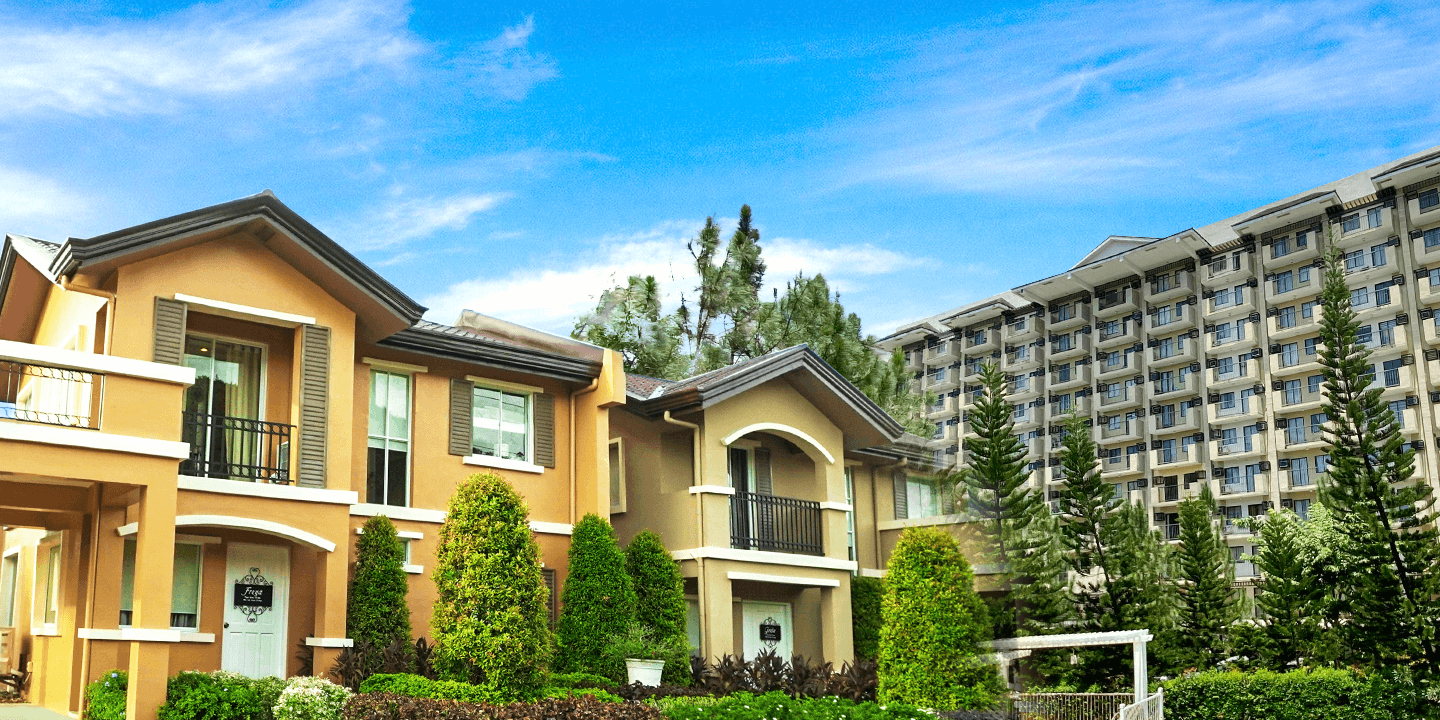
Celebrate Life’s Milestones in Camella!
House and Lot & Condominium for Sale in the Philippines


